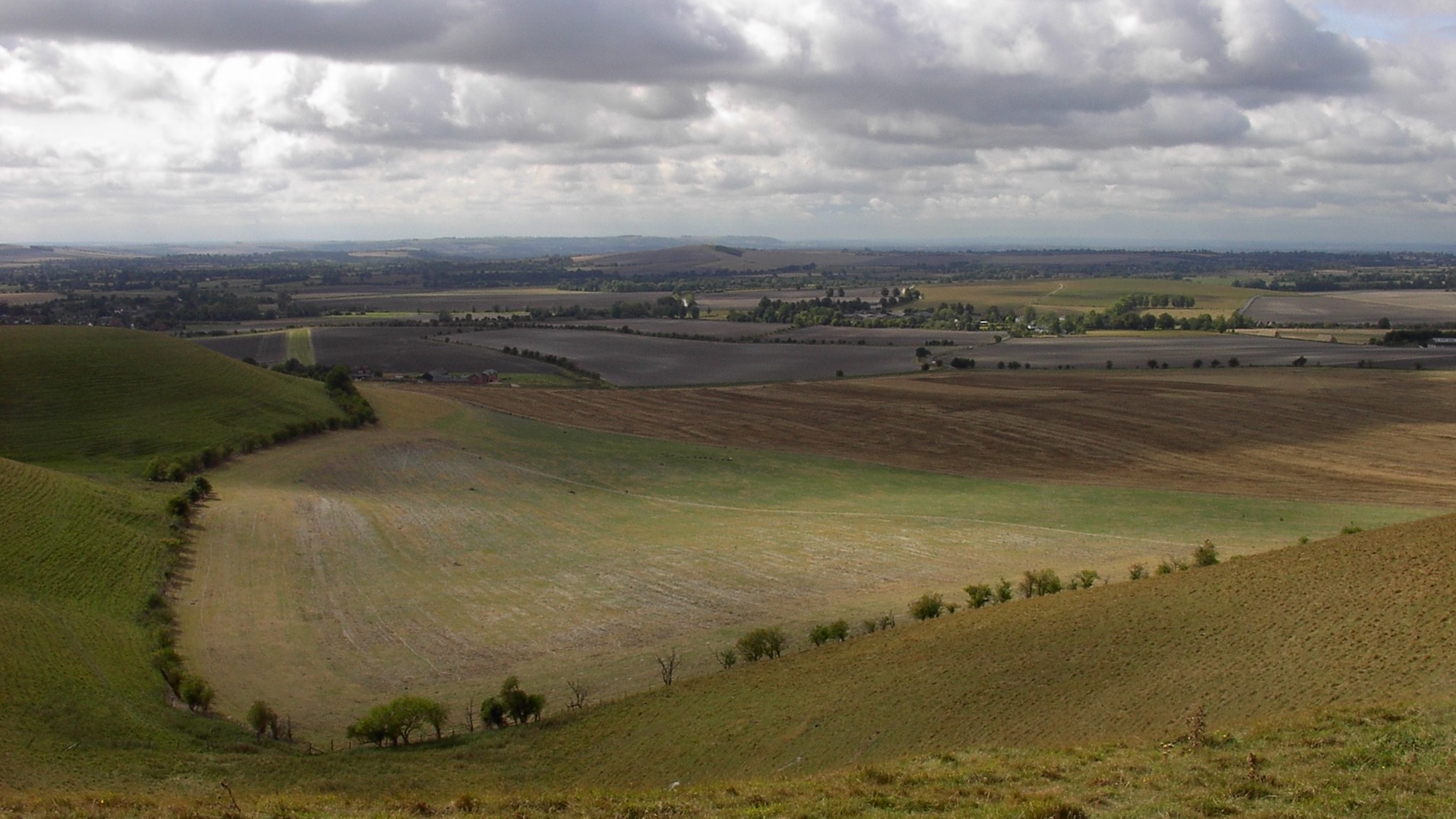Now Reading: Bronze Age Feasts Unearthed in Ancient English Sites
-
01
Bronze Age Feasts Unearthed in Ancient English Sites
Bronze Age Feasts Unearthed in Ancient English Sites

Fast Summary
- Archaeologists from Cardiff University conducted the largest study of prehistoric middens (trash mounds) at six sites in southern England, revealing insights into Bronze Age society.
- middens contained millions of animal bone fragments, documenting large feasting events that involved extensive travel and social gatherings.
- Distinct patterns emerged across locations: Potterne midden featured pig bones transported from northern England, East Chisenbury near Stonehenge focused on locally sourced sheep, and Runnymede had long-distance cattle shipments.
- Researchers used multi-isotope analysis to trace livestock origins via dietary chemical markers tied to specific geographic areas.
- The findings suggest middens acted as pastoral “lynchpins” within regional economies-a hub for food-sharing events that reinforced identities and relationships during climatic shifts around 850 BCE when populations transitioned from bronzemaking to farming.
- Study co-author Richard Madgwick described these gatherings as unparalleled in scale in British prehistory.
Images included: Middens with grassy hillocks; archaeologists at an excavation site; sheep/goat mandible fragments; map showing surveyed midden locations.
Indian Opinion Analysis
This archaeological study underscores the importance of communal food-sharing practices during societal transitions triggered by climate change or economic instability-an insight applicable across cultures including IndiaS ancient history where feasts were integral to cultural identity and social cohesion. The shift observed among Bronze Age Britons mirrors moments in India’s history where communities adapted according to environmental challenges or shifts toward agricultural economies.
for India, such research opens pathways for reconsidering its own archaeological datasets through global methodologies like isotope analysis or systematic surveys of resource hubs akin to the British middens-possibly revealing deeper cross-regional connections reflective of evolving trade networks, festival traditions, and ecological adjustments over time.
Understanding prehistoric human resilience through shared ceremonies provides a framework for appreciating how cooperative efforts can stabilize societies facing uncertain climates-a reflection relevant today amid similar challenges globally.

























